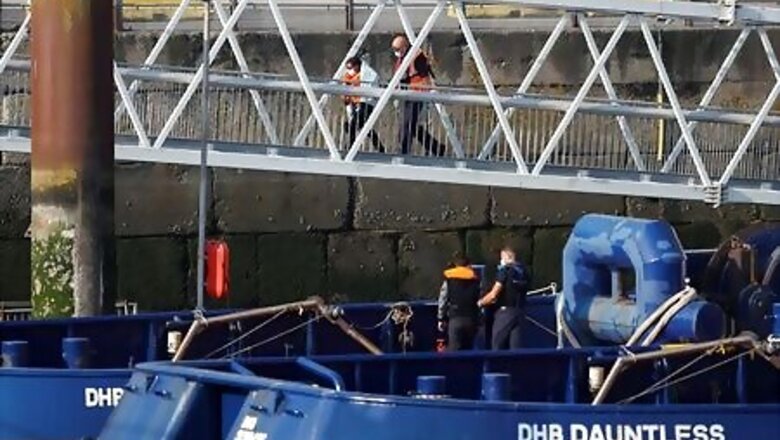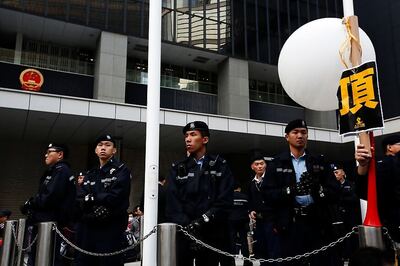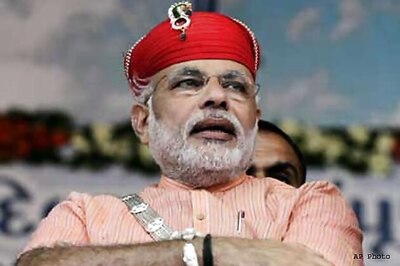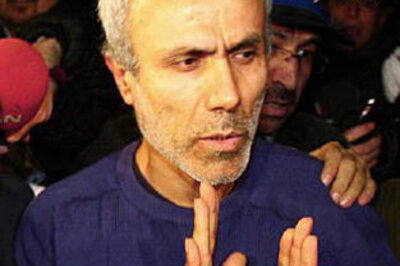
views
DOVER, England Britain’s Border Force brought migrants ashore in the port of Dover on Monday after picking them up from an inflatable boat as they crossed the Channel, the latest in a surge of crossings that is causing political tensions with France.
Taking advantage of a spell of hot weather and calm sea conditions, more than 500 migrants have made it to British shores since Thursday, many in overloaded rubber dinghies.
A Reuters photographer in Dover, on England’s south coast, saw a Border Force boat arrive carrying a group of migrants wearing life jackets, while a blue inflatable dinghy was towed in by a separate vessel.
British ministers have called the surge in crossings “unacceptable” and have called on France to do more to prevent boats from setting off from northern France.
“We have to make this route completely unviable,” said Chris Philp, the minister for immigration compliance, in a statement on Sunday. “We intend to return as many migrants who have arrived as possible.”
Pro-migrant charities accuse the government of over-reacting to the crossings for political gain, when the numbers are tiny compared with the flows of migrants routinely arriving in Mediterranean countries like Greece and Italy.
Many of the migrants come from Afghanistan, Iraq, Syria and countries in Africa, fleeing poverty, persecution or war. Some stand a chance of being granted asylum, while others, considered illegal economic migrants, are unlikely to be granted the right to remain in Britain.
​
TENSIONS WITH FRANCE
The interior ministry has asked the military to help deal with the migrant boats, although it has not explained what it wanted them to do.
Philp is due to travel to Paris this week for talks with his French counterpart.
The French interior ministry says it has already deployed extra resources and that large numbers of boats are being intercepted before they cross.
Pierre-Henri Dumont, a member of the French parliament representing the Calais area, just across the Channel from Dover, dismissed the idea of calling in the navy as an attempt by British ministers “to show some kind of muscle”.
“My question is: what for? If a small boat full with migrants is entering the British waters, is the British navy going to shoot at them?” he said in a BBC interview.
“We’re talking about human beings, we’re not talking about cattle,” he said. “First we need to save lives.”
Dumont said it was unrealistic to expect France to stop every single crossing, as there were 300 km of coastline to monitor and it only took a few minutes for any group of migrants to embark and set off.
Britain left the European Union in January and is currently in a transition period with most EU accords still in force. Dumont said that when the transition ended on Dec. 31, Britain would no longer be able to send migrants back to EU countries.
“That will cause a huge increase in the number of migrants trying to cross the Channel again,” he said.
(Writing and additional reporting by Estelle Shirbon in London; Editing by Angus MacSwan)
Disclaimer: This post has been auto-published from an agency feed without any modifications to the text and has not been reviewed by an editor




















Comments
0 comment